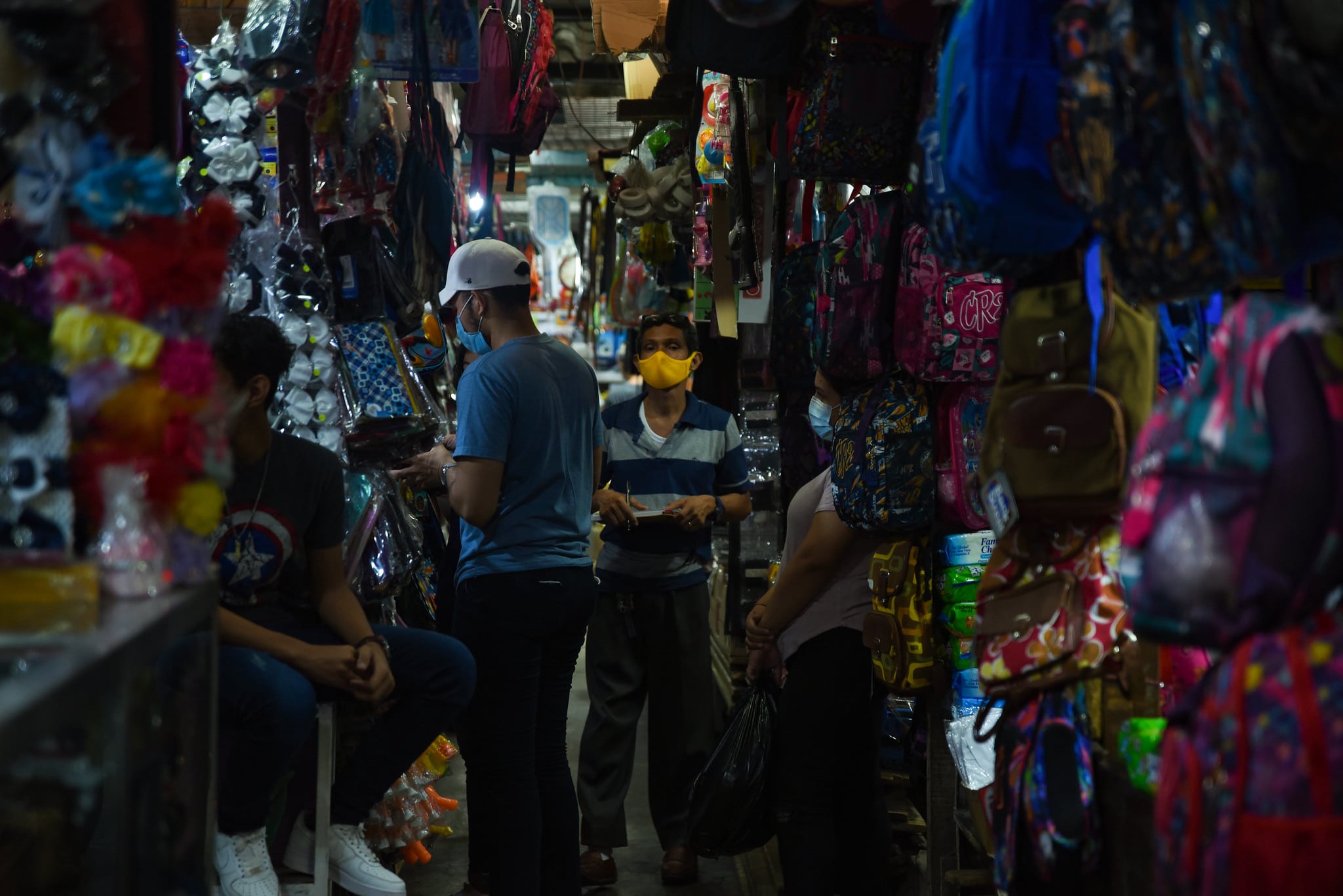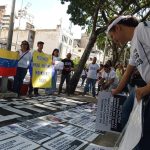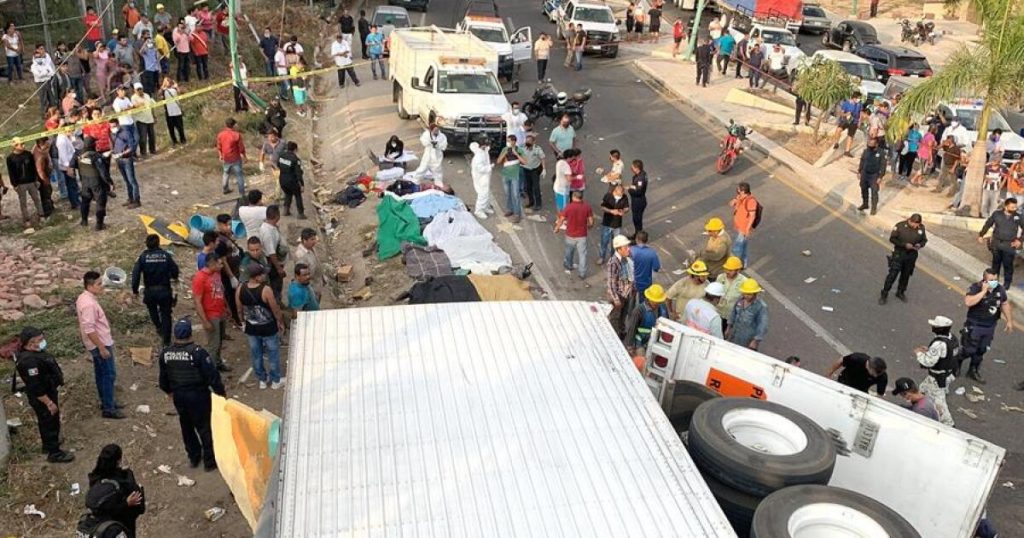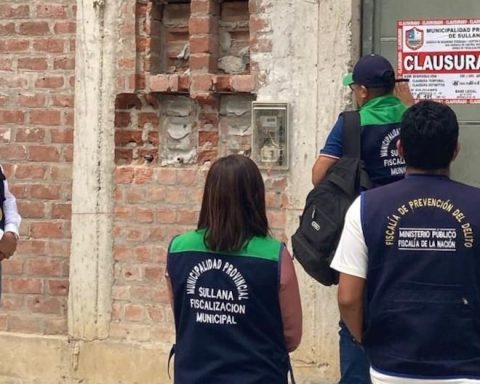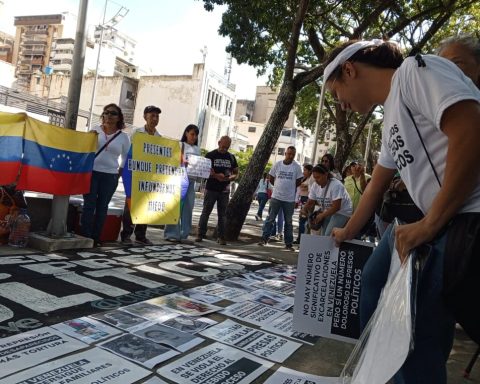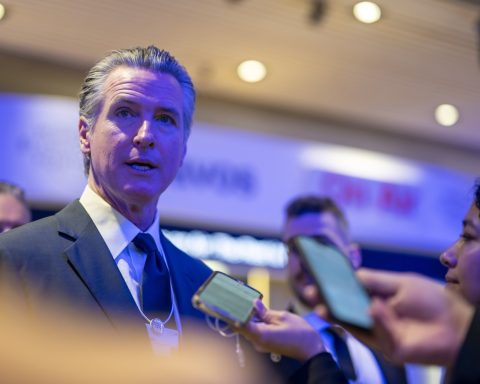During the months of July and August, and the first days of September, ‘Ernesto’, operations manager of a company that distributes mass consumption products, was distressed because his warehouses were full with the overstock they had acquired to avoid the global logistics crisis, but they weren’t selling much.
“I was quite worried”, remarks ‘Ernesto’, because although it is true, it is normal that those months are low (it is a period of inter-monthly holidays, so there are no students who consume during recess, while parents are focused on the expenses they will make when their children return to class), “I thought we were going to keep that product,” he says.
Mindful difficulties in transporting cargo by sea from one side of the planet to the other, since March ‘Ernesto’ began to schedule the shipment of the merchandise that he expected to receive between July and August, to be sold in the last four months of the year, allowing time for the manufacturers to acquire the materials premiums with their own suppliers.
As the months went by, and the cost of ocean freight was going through the roofTo the point that transporting a container from one continent to another became more and more expensive, ‘Ernesto’ had to communicate bad news to his superiors: the suppliers prescribed three price increases in the year, for which they would be forced to sell more expensive.
“The distributors are assuming the increase in costs as much as possible, hoping that things will change a little so as not to touch prices, which is a very sensitive issue for all categories,” he told CONFIDENTIAL an executive who works in that sector.
And in September, the sales boom
The pre-electoral environment, the aforementioned inter-monthly vacations, and increasing migration, suggested that there would be some kind of brake on economic activity, especially since six of his strongest clients from different areas of the country told him that they were limiting the size of their inventories and their cash flow, while they dollarized their liquidity in córdobas, to store their money in bank accounts inside and outside the country.
“Those who used to buy 200 boxes of a product from me, said that they were going to buy only 25 boxes, but not because they were going to acquire the difference with the competition, but because they did not have more money, or did not need more product, which warned a contraction ”, refers ‘Ernesto’.
“I thought about canceling the orders to my suppliers, but it was no longer possible. I got worried in mid-September, when I saw that my warehouses were still full, thinking that we would keep all that product, but I was wrong ”, he says with satisfaction.
These good results were not only seen in mass consumption items. They were also repeated in other categories such as motorcycles and household appliances, as well as “in alcoholic beverages, where sales were better than in 2017, which had us surprised,” said the aforementioned executive.
“We started to have good sales from the end of September and the beginning of October. November has always been our best month, because it is when our clients stock up to sell in December. Those two months, plus the first ten days of December have been excellent, despite the pandemic, the increase in the cost of freight, and the risk of shortages ”, ‘Ernesto’ added.
Thanks to remittances
“In the Central American region, those most affected by the global logistics crisis were Panama, El Salvador, and also Guatemala, but in a marginal way,” explained the academic on customs issues, Joe Henry Thompson.
The impact on Nicaragua was much less, because “the merchandise arrives here in September,” which was when the accumulation of ships and containers in US ports began to grow.
“We buy most of it in Panama, so that our merchandise could arrive by land, while those supplied on the west and southwest coast of the United States had limitations,” he reiterated.
With an economy that the president of the Board of Directors of the Central Bank of Nicaragua (BCN), Ovidio Reyes sees growing at a rate of 6.0% to 8.0% in 2021, but does not create jobs or improve wages at the same rate, ‘Ernesto’ thinks that the explanation for this bonanza that he and several of his colleagues are seeing must be found elsewhere.
Its main candidates are domestic savings (that of families and companies), and external savings, which arrives in the country in the form of remittances, as well as an environment of security that encourages business activity, and a certain atmosphere of resignation.
Let’s forget about politics, and let’s do business
The administrator reported that “many of my colleagues said: ‘we already know who is going to to win, so let’s focus on our business’, plus there was a lot of uniformed presence to ensure security. Our vendors say that the cops, instead of looking to fine them, seemed to be watching over them instead of harassing them. In fact, for two or three months they have not reported assaults on delivery trucks, ours or any distribution company, “he said.
Regarding the issue of savings, he expressed that some of his clients, (owners of grocery stores, distributors, mini-supermarkets and the like), decided to boost their business, investing the money they had made, while the consumers -who stayed at home, so They were able to save – they started using that money to buy what they need.
“Ernesto” considers that the other source that increased people’s purchasing power is the increase in remittances, which “people use mostly to feed themselves.”
The Remittance Report for September 2021, prepared by the BCN, shows that in the third quarter, remittances were received for 527.1 million dollars, reflecting an increase of 45 million dollars, which is 9.3% more than in the same period of 2020, which was 482.1 million. The accumulated as of September amounted to 1,557.3 million dollars, 16.0% higher than the 1,342.7 million recorded as of September 2020.
Those 214.6 million dollars represent an additional income of almost 7,600 million córdobas, that is, almost 845 million per month, which can explain the growth of trade, between 8% and 9%, in the words of the president of the BCN, Ovidio Reyes.
Estelí suffers loss due to migration
Yes the migration It does not seem to be a negative factor – and could even partially explain the increase in remittances – for companies that distribute mass consumer products and other categories, it is not the same for Estelian trade.
In this northern city, tobacco activity –representing almost 100,000 jobs– It has been experiencing a labor crisis for months, because many of its workers have emigrated, most of them to the United States, seeking the American dream, reported in September to CONFIDENTIAL, the president of the Nicaraguan Chamber of Tabacaleros, (CNT), Claudio Sgroi.
Nelson García is the co-owner and clerk of a technology store in Estelí, and explains that “although we are supposed to be in high season, it does not feel like high season: two days a week sales skyrocket, and two days after they fall again, ”he said.
His explanation is that “the year has not been one of high income for people, as if to say that they were able to save, and now they are going to spend that money. The bonus has been committed for months, for example, to pay for the medicines they had to buy ”to keep their relatives (or themselves) alive who fell ill with covid-19, he explained.
By the way, he observes that everything is more expensive: fuel, food, the dollar, “in such a way that a minimum wage of 10,000 cordobas does not pay to cover basic needs.”
García acknowledged that he sells cell phones with prices below $ 200, “when before people were looking for cell phones from $ 350 upwards. I believe that there are too many people migratingMost of them illegally, and that may be an advantage next year, but not right now, because they have been gone for a short time ”, he calculated.
Finally, Jefferson Córdoba, who sells clothes in a family store, also in Estelí, said that Saturdays in the high season are good sales days, especially for those who receive weekly payment, but “most prioritize the purchase of basic food , instead of clothes. They are not looking for the Christmas premieres yet, perhaps because their Christmas bonuses are very small ”.
